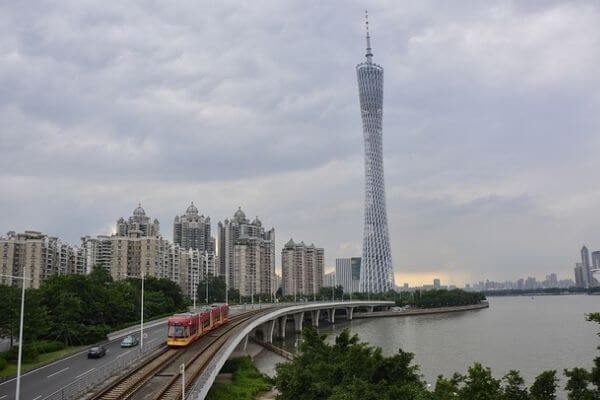
On 31 Dec. 2020, China’s Supreme People's Court issued the “Interpretation on the Application of the Guarantee System in the Civil Code of the People’s Republic of China”, which came into force on 1 Jan. 2021.
On 31 Dec. 2020, the Supreme People's Court (SPC) promulgated the “Interpretation of the Supreme People's Court on the Application of the Guarantee System in the Civil Code of the People’s Republic of China” (最高人民法院关于适用<中华人民共和国民法典>有关担保制度的解释)(the New Interpretation of Guarantee System), which came into force on 1 Jan. 2021.
The New Interpretation of Guarantee System consists of 71 articles, which are divided into five sections, namely, "On General Provisions", "On Guarantee Contracts", "On Real Rights for Security", "On Atypical Guarantees" and "Supplementary Provisions".
The SPC Judge Liu Guixiang (刘贵祥), in answer to the questions of reporters on the Interpretation of Guarantee System in the Civil Code on 30 Dec., mentioned that over 10 articles of the Interpretation are closely related to the business environment. In particular, regarding the four aspects of the World Bank's “Getting Credit” indicator, the Interpretation has specific provisions in accordance with the Civil Code to deal with, which include: refining the legal provisions on movables guarantee and focusing on addressing the difficulty and high cost of financing for micro, small and medium-sized enterprises; expanding the scope of guarantee contracts and broadening the financing channels of enterprises; making great efforts to balance the legitimate rights and interests of all parties engaged in the guarantee relationship.
Contributors: CJO Staff Contributors Team









